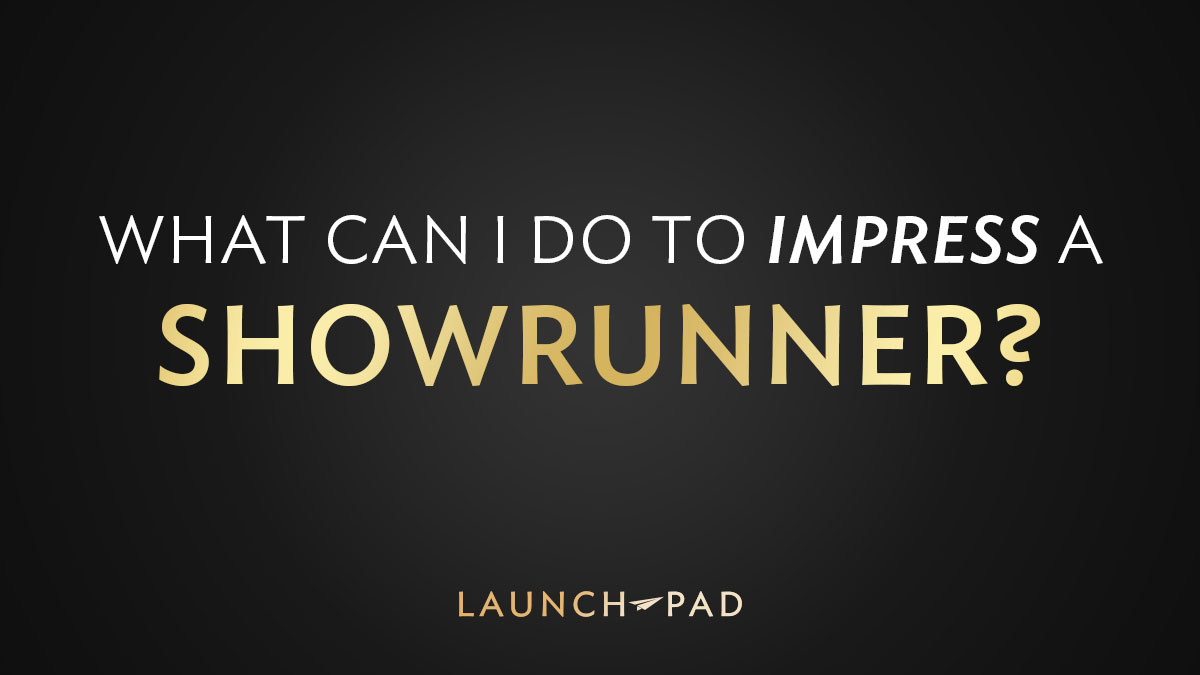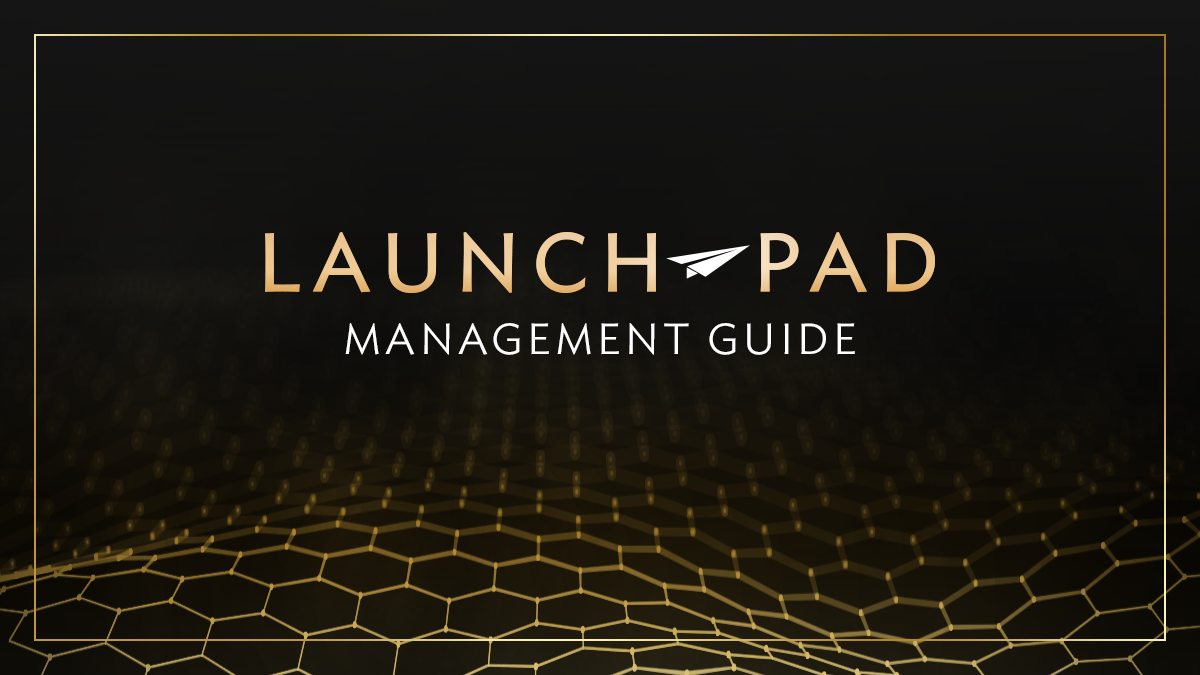
You’ve got your reps, you have a strong writing portfolio, and now, you believe you’re ready for a staff writing job on the next big TV show.
But how do you land those jobs? For many, the path comes either through working up from writers’ or showrunner’s assistant roles or having their representation send samples. However, you can’t lock down the dream without first meeting and impressing your potential future boss: the Showrunner.
While not an official WGA credit, the showrunner is the executive producer who oversees a series from script through post-production. They are often the head writers and creators of the show, though they do not have to be.
When a showrunner is staffing the writers’ room for a television series, they have a list of things in mind depending on their work style and the voice of the show. While you can’t control what they’re looking for, there are things you can do to ensure you have the best meeting and chance at one of those coveted staff writing positions.
Make Connections
Even if you already have the meeting, who you know can still help you. Having people in common with a show creator is a great way to get a conversation flowing and also be evidence of how talented you are.
Launch Pad Top 50 writer, Preston Walker, used networking to land a job on the show Disjointed as a writers’ PA, and later, Mom. During these roles, he got to know Marco Pennette, who he was able to pitch jokes to and impress with his ability to work as part of a team, leading to a staff writing role on Pennette’s sitcom, B Positive.
Take Advantage of Online Resources
Competitions, Fellowships, & Festivals
Making connections doesn’t have to only happen in person, especially in an era where everyone works from home. Thanks to technology, there are great resources online to get your work seen and catch the eye of a showrunner, such as screenwriting competitions, fellowships, and submitting short films to festivals.
Social Media
 Social media is also a great tool for getting attention. Many comedy writers become known through their work on Twitter and TikTok. More directly, the WGA community built up their online presence in 2019, with writers occasionally using hashtags to find new writers to submit to representatives and showrunners who are staffing. Even the WGA’s site offers great resources and opportunities to hear working writers speak and also networking for up-and-coming writers, whether or not they’re in the union.
Social media is also a great tool for getting attention. Many comedy writers become known through their work on Twitter and TikTok. More directly, the WGA community built up their online presence in 2019, with writers occasionally using hashtags to find new writers to submit to representatives and showrunners who are staffing. Even the WGA’s site offers great resources and opportunities to hear working writers speak and also networking for up-and-coming writers, whether or not they’re in the union.
Trades
You should also take advantage of online trades to follow what’s selling, what’s trending, and also research the person with whom you’re meeting. The more information you have ahead of time, the more tools in your toolbox you whip out in the meeting to keep the conversation lively. The one thing you don’t necessarily want to do is use the trades to find shows you wish to be staffed on because the trades don’t often get the news until staffing is underway and it’s too late to be added to the pile of scripts. Instead, use a network to find people you want to work with and learn about potential new opportunities. This industry is all about “who knows you,” so focus on people and your brand over series titles.
Show Your Passion
Once you’re in the room, it’s time to take all those names of people who can vouch for you, how you define your brand and goals, and your passion. Passion is infectious and everyone has certain interests that align with their unique writing voice that you should look for opportunities to highlight when you meet with a showrunner.
Launch Pad success story, Gillan Muller, landed her first staff writing position through her desire to bring diversity to the screen and her family’s multiethnic background. She joined the Syfy series Surrealtor, a scripted series about selling stigmatized homes. The creator didn’t want the same ghost stories they had seen countless times in film and television before, instead, they wanted lesser-seen stories. This provided a great opportunity for Muller to shine, as she could explore her own cultural heritage while bringing underrepresented stories to the forefront.
Shondaland powerhouse exec, Betsy Beers, talked about what she looks for when staffing a few years ago while discussing how they decided to work with writer Pete Nowalk, who later went on to create How to Get Away with Murder.
“When you’re staffing a show, one of the things you want is somebody who wants to write in the style of the show, but also who has an angel or a specificity that you can tell will be a contribution to whatever the process is as they move forward.”

‘Grey’s Anatomy’ showrunners Shonda Rhimes and Betsy Beers
Marvel showrunner, Jac Schaeffer, reiterated this same point when she discussed how she staffed the critically acclaimed series, WandaVision. While the series is a Marvel series, knowledge of the characters and action was important, but the show was also an homage to classic sitcoms, so the ability to write jokes and know the sitcoms being referenced was equally important.
“The writers in my room were all Marvel fans to varying degrees. Some people know everything and leaned in that direction and others would be general TV fans and just wanted to make an excellent show. … [I brought on] Bobak Esfarjanji, who is a writer on Manifest. Mackenzie Dohr was a writer on both The Mindy Project and Locke and Key. She’s got mythology and puzzle box work, and she’s got sitcom work. Peter Cameron worked on Carnival Row. What I wanted more than anything was, if someone were to look at everybody’s credits, they would have no idea what our show was. That was a conscious choice.”
The writers going to meet with Schaeffer might not have known the interesting amalgam she was creating, but they went in knowing their own voices and what they could bring to the show, while also being an adaptable part of the team.

Jac Schaeffer
Focus on Listening Over Answering
If you’re in a meeting, you can glean clues as to what a showrunner is looking for by focusing more on listening than on your answers. If you already have all the information in your mind about who you are and what you want to do, then you don’t have to sit there waiting for an opportunity to give them the pitch on who you are. Instead, listen and add to what the showrunner is already saying to you. Improv games like “yes, and…” are great for learning conversational habits that keep you from getting ahead in the conversation when you should be present.
In “yes, and…,” a performer makes a statement and the second person says, “yes,” acknowledging the statement and then adds to it. This allows each person to be actively engaged in the conversation and driving the direction, instead of being reactionary in a dry “Q & A” format, or worse, not listening and merely giving a sales pitch that the showrunner checks out of.
The best meetings will always feel easy and flow. By listening, acknowledging, and adding, the meeting will feel more like a meeting of the minds where you can ascertain what the showrunner is looking for and how you fit into it, giving you the best opportunity to impress the showrunner by simply being you.


